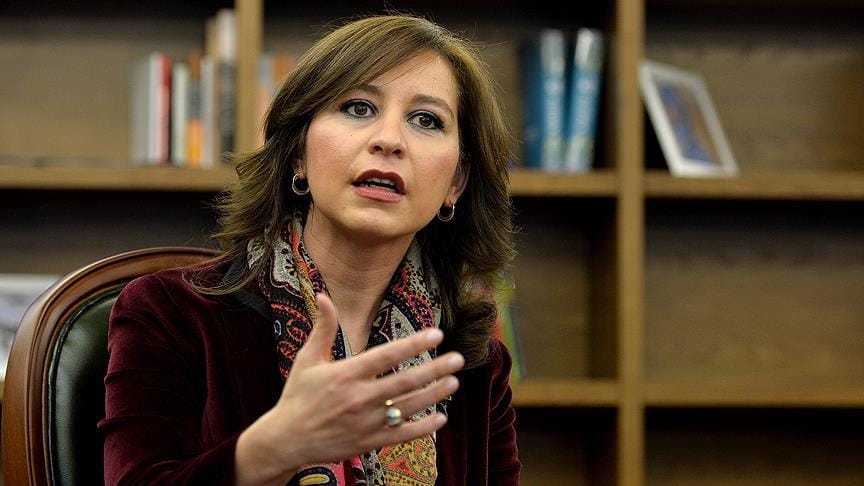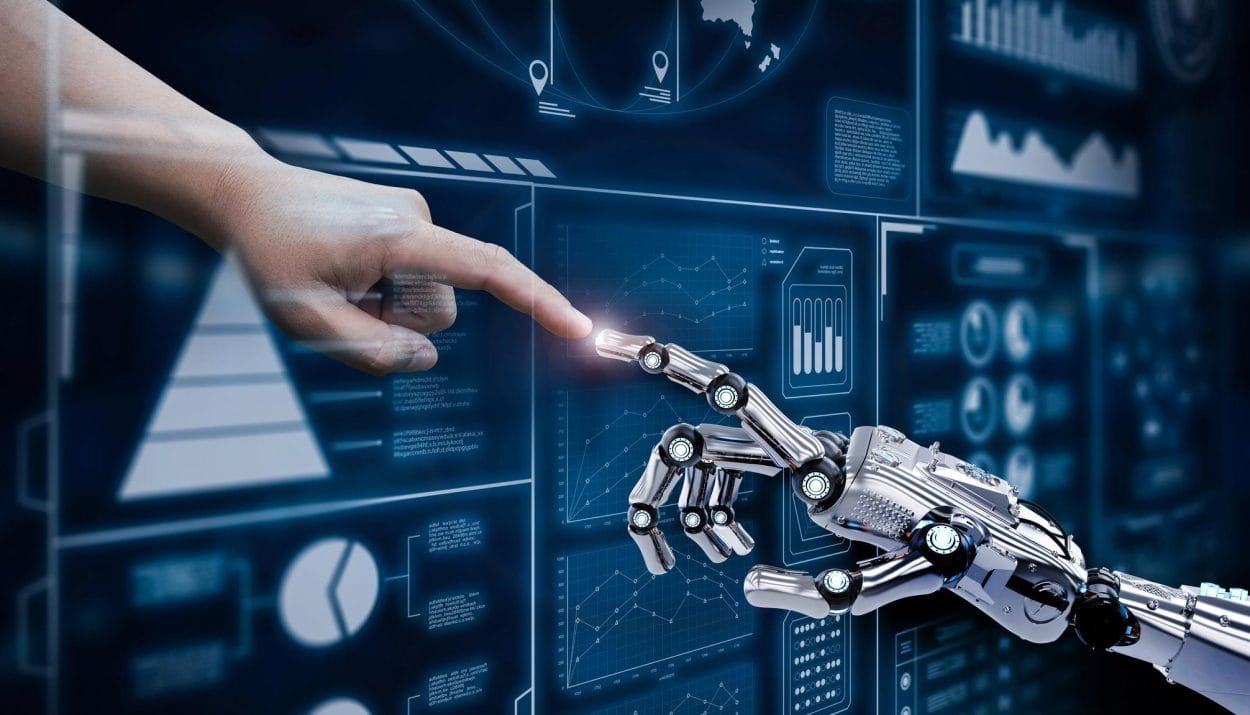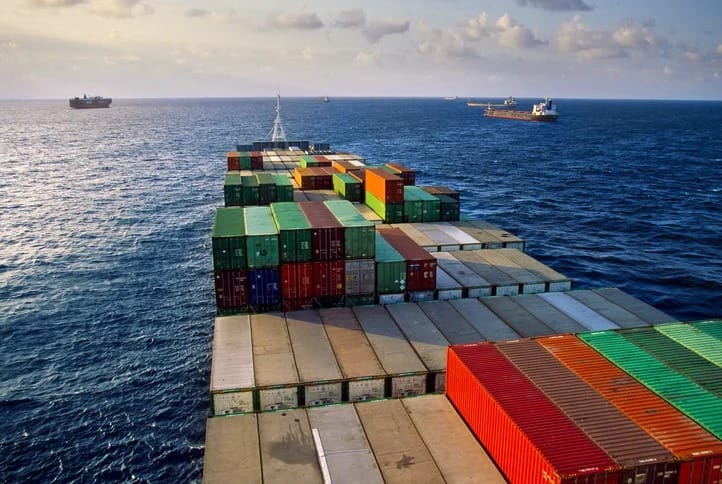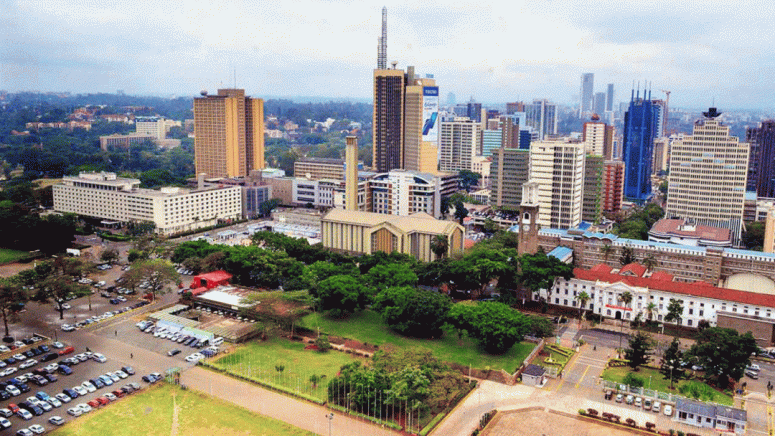The rise of artificial intelligence (AI) goes beyond a fourth industrial revolution: it represents a potential rupture, a profound shift that is reshaping societies, structures, and human paradigms. What was once merely an emerging tool now permeates all areas — from governance to healthcare — transforming daily life and sparking urgent ethical debates. The analysis by Professor Naciye Selin Senocak, a political scientist and UNESCO Chair in Cultural Diplomacy, Governance, and Education, is particularly insightful, as it effectively challenges the prevailing pessimism about the impact of technology on our societies.

Amid this technological boom, uncertainty prevails: will AI remain an extension of human capabilities, or could it challenge and redefine human autonomy and purpose?
Through her article, the author explores... “the spectrum of perspectives on the role of AI in modernity, exploring whether it heralds a new civilization in which algorithms not only serve humanity but also shape its destiny”.
By critically examining these viewpoints, she seeks to understand AI's potential to elevate or weaken the fundamental aspects of civilization: “our values, our governance, and our common future”.
And Selin Senocak raises the questions she deems essential:
According to the author, the optimism surrounding the potential of intelligent machines should not obscure the significant risks they may pose to the future of our species.
"The expansion of the natural sciences has progressively absorbed many branches of philosophy; however, ethics remains indispensable, maintaining a unique epistemological autonomy."emphasizes Seline Senocak.
According to her, "This autonomy raises a fundamental question for ethicists, sociologists, and theologians: if humanity were to create an artificial consciousness — a form of intelligence surpassing human intellect — what, if anything, would remain specifically human?"
"Is there a function or essence unique to our species, something that cannot be reproduced or replaced by artificial means?"
With this question, the author highlights the crucial need for rigorous philosophical and ethical reflection on the challenges posed by technological progress.
Inevitably, she states, the omnipresent influence of technology generates a certain degree of skepticism, "which drives the need to deepen research on its implications for human identity and purpose."
Seline Senocak considers it essential to establish intelligent and carefully crafted laws to protect humanity, which is increasingly closely tied to its artificial creations.
"This relationship requires a thoughtful application of imagination and creativity in our interactions with machines, an application that avoids apocalyptic narratives and grandiose, unfounded claims, such as predictions of widespread unemployment, which lack solid empirical foundation."
In fact, the author argues, "The impact of technological advancements on employment will largely depend on how we structure and adapt our economic systems, as new technologies inevitably create new demands and professional opportunities."
Article source: lobservateur





